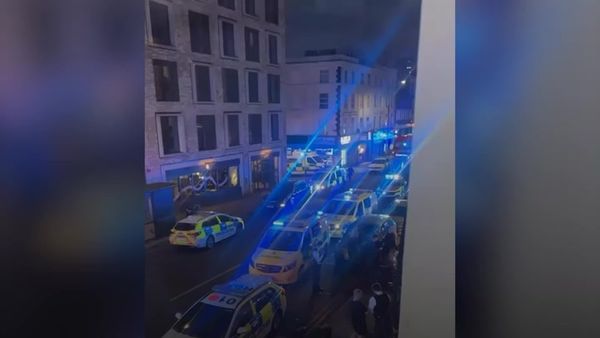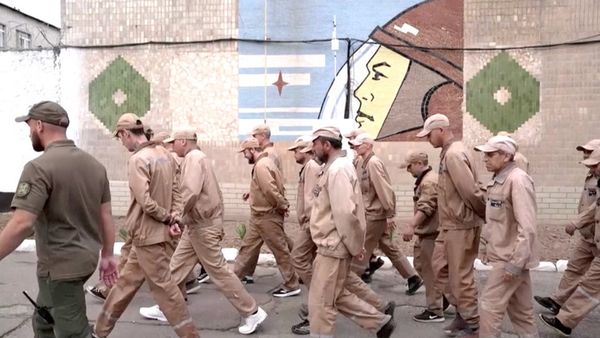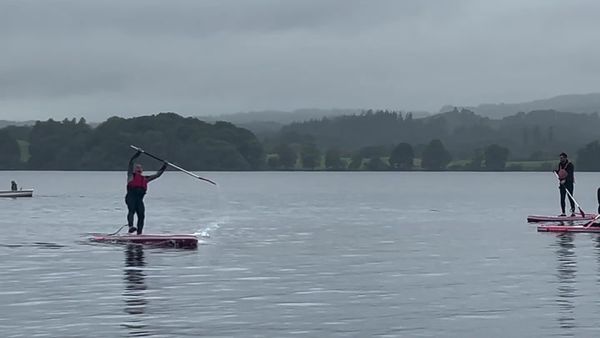
A major report on how the Crown Prosecution Service deals with rape cases makes for grim reading.
The first academic deep dive into CPS case files – alongside interviews with its staff, police officers and independent sexual violence advisers (ISVAs) – reveals bleak examples of prosecutors dismissing alleged crimes by younger suspects on younger victims, using victim-blaming language and raising eyebrows about non-conventional sexual practices.
One opines that a victim would not have exchanged text messages with her alleged abuser “in a million years”, another thinks teenage girls alleging non-penetrative sexual offences are “doing a disservice” to the cases that really needed looking into.
These kinds of views were meant to be a thing of the past. In 2020 the government commissioned its rape review to examine a collapse in rape prosecutions – which in 2016/17 stood at 5,190 and fell 60% in four years to 2,102 in 2019/20, even as the number of reports to police increased.
It led to the rollout of Operation Soteria, a revolutionary academic-research led programme (which in 2022 also found police treatment of the crime woefully lacking). Both the police and the CPS were told to work more closely, to stop invasive digital strip-searches into victims and investigate the predatory behaviour of suspects instead of focusing on victim credibility.
And things have improved. Police forces are being pushed to change by the no-nonsense police lead for rape in England and Wales, Sarah Crew – who has walked the walk in her own force. Police referrals to the CPS are back up to 2016 levels – a key goal of the rape review. As for the CPS, charges are also back at that same base level. Six-monthly progress reports keep everyone focused on the job.
But the whole system is creaking and now the focus is shifting to problems in the courts. Long delays – the number of outstanding rape cases reached a record high last year after more than tripling in four years – risk undermining “the potential for achieving genuine ‘end-to-end’ improvement”, according to the report. The number of rape reports continues to increase; the backlog continues to grow.
What can be done? Labour has promised rape courts and specialist rape investigation units in every police force. Insiders in the CPS suggest that the CPS could attract talent by giving better-paid “specialist prosecutor” status to Rasso (rape and serious sexual offences) lawyers, which is only available in units like the special crime and counter-terrorism division. At the same time, violence against women and girls campaigners argue that failing prosecutors and police officers should be held to account, their mistakes learned from.
More research is needed into the judiciary, courts, prisons and probation for the review to be truly “end-to-end”, argues Katrin Hohl, the joint academic lead on Soteria who was recently appointed as the UK government’s independent adviser on the Rape Review. “My best advice to the government is that we have to be honest about how little we know,” she says.
Reports like this – as well as less conventional spotlights such as a recent documentary into Crew’s Avon and Somerset force, labelled a “betrayal” by staff – make for difficult headlines for the CPS and police, but problems cannot be addressed if they are not exposed. “We have to keep going,” says Hohl. “Soteria is a start, it’s a signal of hope.”
A perennial lack of funding was also raised repeatedly by CPS staff in the report. The government’s investment in Soteria has not erased the damage done during the post-2010 austerity years when CPS budgets were slashed and its staff reduced by 30% by 2019. As one lawyer put it to the report’s authors: “Please just fund the [CPS] properly.”
But money can only do so much. Both academics and campaigners agree that real transformative change around sexual violences comes only with greater equality. “At a certain point we have to recognise the limits of the criminal justice system,” says Hohl. “No justice process undoes a rape – it’s always better if we can stop it happening in the first place.”







